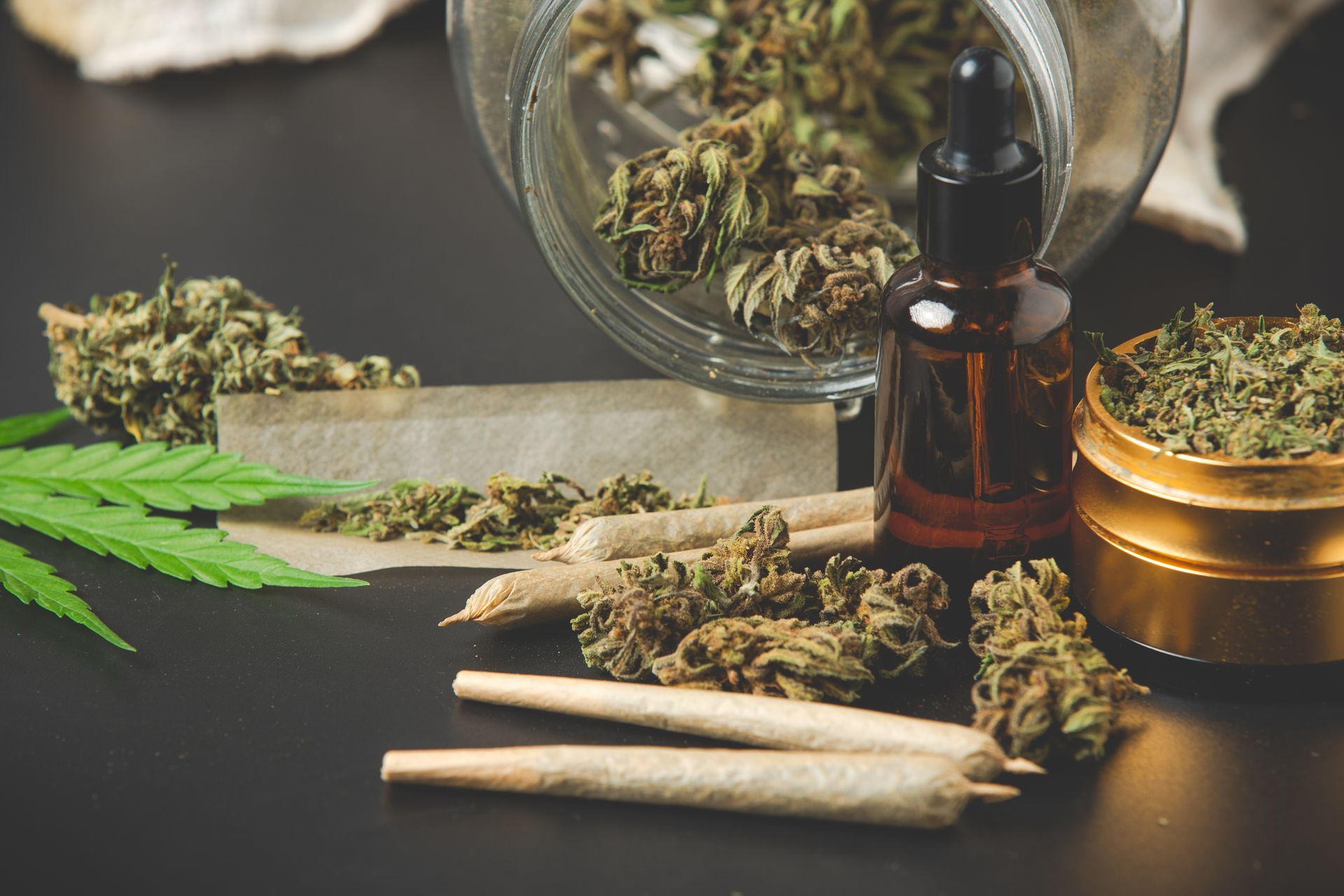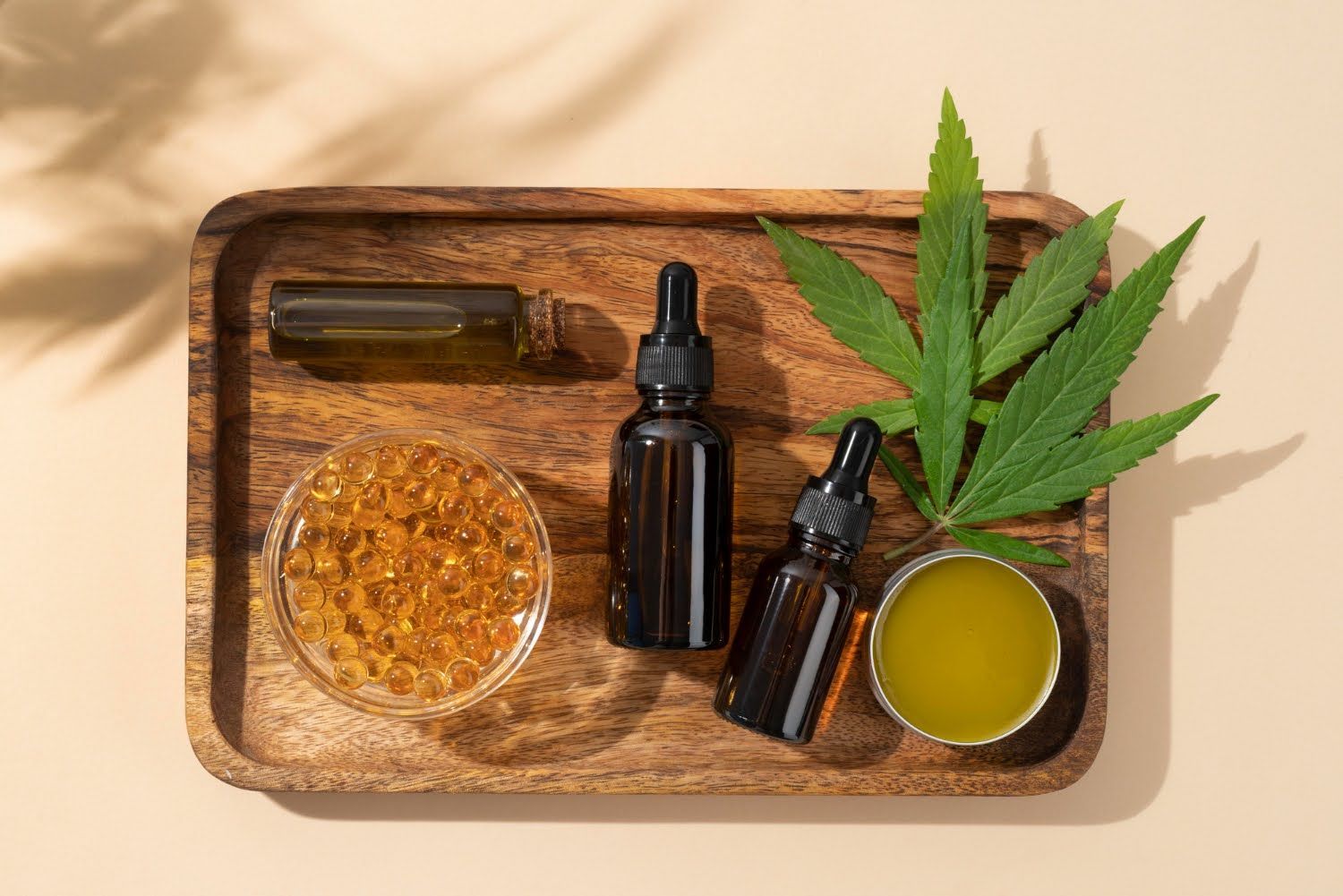Study: Cannabis Could Replace Opioids for Back Pain, Arthritis
Opioid abuse is at an all-time high. More than 3 million people misuse opioids every month and over 10 million people abuse opioids annually. Meanwhile, the latest CDC data reports more than 75,000 opioid overdose deaths in the U.S. alone, up from over 56,000 the year before. While some deaths come from fentanyl in street drugs, a sizable portion stems from patients abusing legitimately prescribed opioids.
So, what if cannabis, a natural, non-addictive remedy, could combat pain just as well? According to two new studies presented at the 2022 American Academy of Orthopaedic Surgeons meeting, this idea is more than a pipe dream.
The Studies
Led by Dr. Asif Ilyas of Rothman Orthopaedic Institute in Philadelphia, patients with chronic back pain and osteoarthritis were certified to obtain medical cannabis between February 2018 and July 2019. They were allowed to use any method—smoking, vaping, or edibles.
The results: many who were prescribed opioids ended up taking fewer painkillers—or stopping entirely—after switching to cannabis.
“We found broadly a significant reduction in opioid use when they started using medical cannabis,” said Ilyas. “We saw a decrease of ~40% in opioid use, with 37–38% of patients completely discontinuing opioids.”
Why It Matters
With 16 million adults living with chronic back pain—often treated with opioids—this is promising news. Unlike opioids, cannabis doesn’t require increasing doses to achieve the same effect, nor does it show addictive qualities.
Ilyas emphasized caution: “At this point, we are not advocating for the routine use of medical cannabis or saying it is a better option, but our studies show potential.”
So, next time you or a loved one deals with pain, medical cannabis may be a safer alternative.

ADDITIONAL RECENT POSTS









